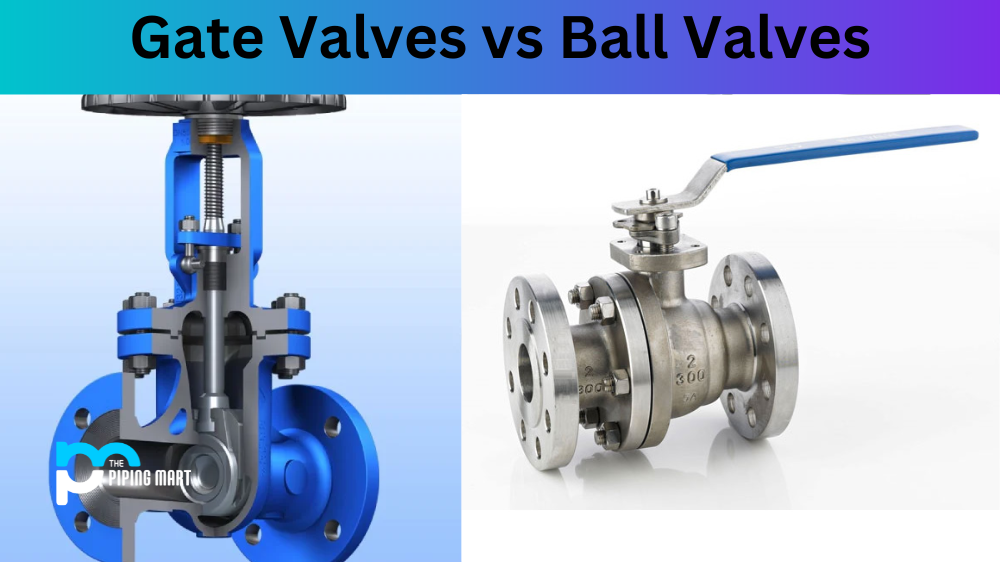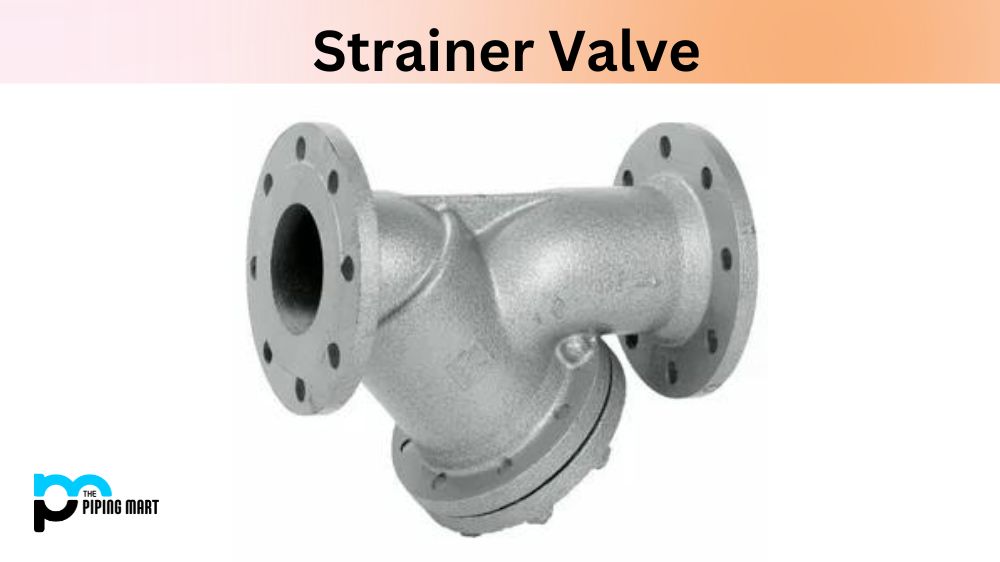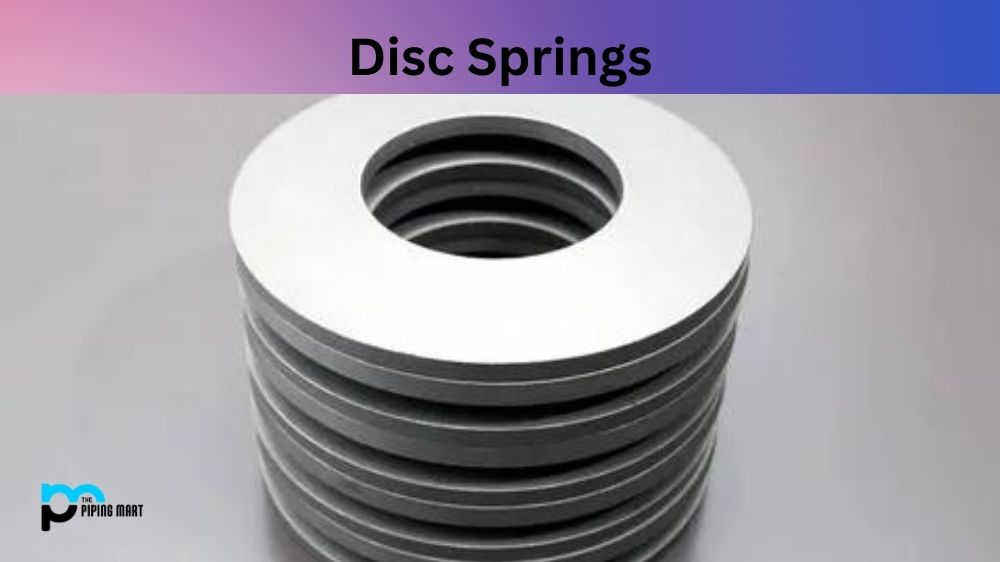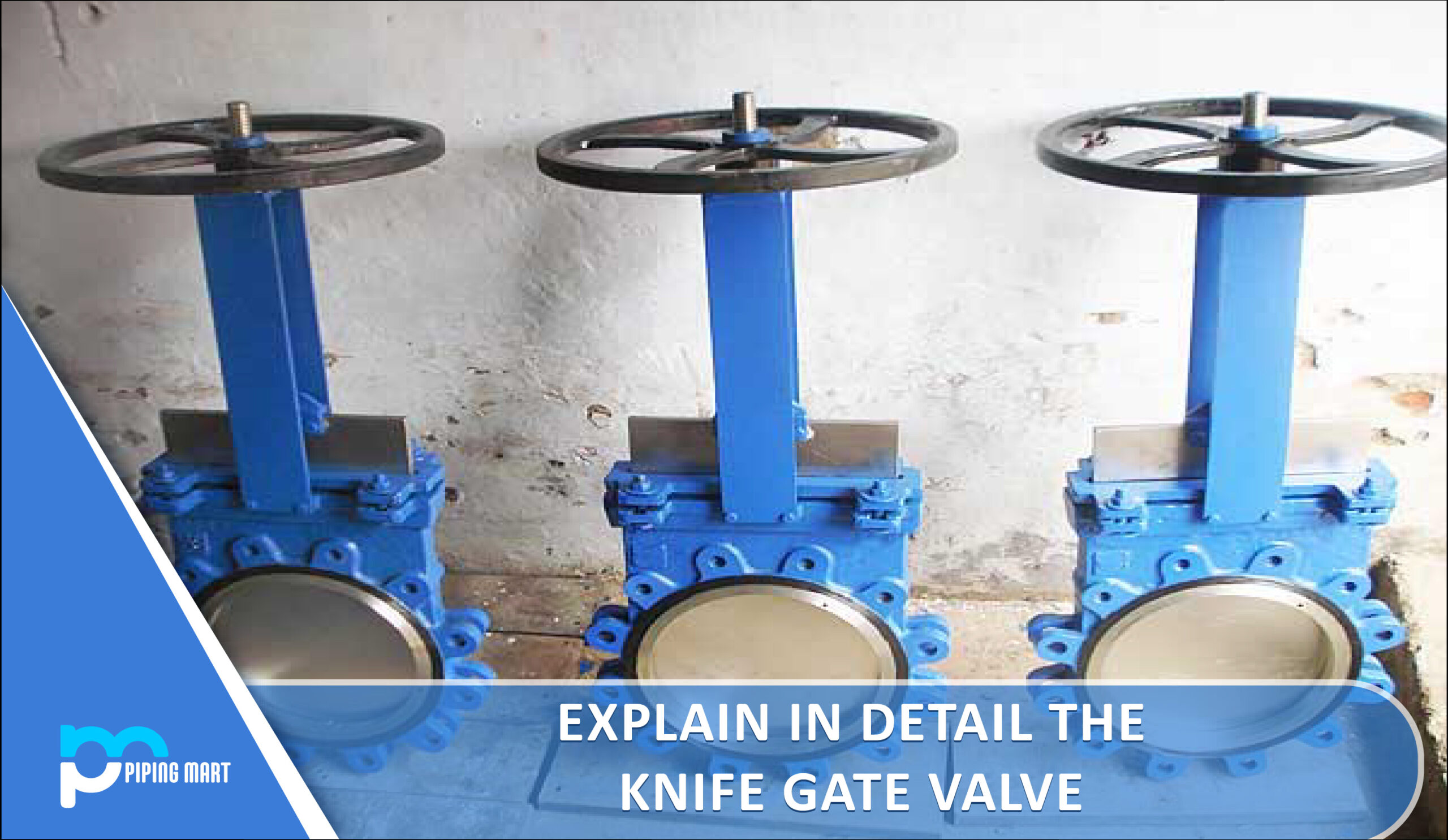Are you a plumber or engineer who needs to make the right choice between gate valves and ball valves? Both are commonly used in plumbing systems for controlling the flow of liquids. But there are distinct differences between them that will affect how they perform. Let’s look at their design, materials, uses, and maintenance requirements.
Design Differences
Gate valves consist of a flat wedge-shaped closure element that is held between two seats. When the valve is open, the wedge is pushed away from the seat by a stem connected to a hand wheel or gearbox. The wedge-like shape allows for high flow rates with minimal turbulence. Ball valves, on the other hand, feature a spherical closure element surrounded by two seats. This sphere rotates 90 degrees when opened or closed, allowing full control of flow rates through the pipe.
Material Differences
Gate valves are typically made of cast iron with bronze trim pieces. They can also be constructed out of stainless steel or brass if needed. The most common material used to construct ball valves is brass, but they can also be made out of plastic depending on the application.
Maintenance Requirements Gate valves require more maintenance than ball valves because they have more parts that can wear down over time. This includes lubrication of moving parts, tightening screws and nuts, replacing seals periodically etc…Ball valves generally require less maintenance since there are fewer moving parts which helps ensure reliable operation for longer periods of time without any additional effort from you.
Conclusion:
Choosing between gate valves and ball valves for your plumbing system comes down to considering what your specific needs are in terms of design, materials used and maintenance requirements. If you need something with higher flow rates and lower turbulence then gate valves would be best while if you need something more reliable then ball valves may be better suited for your purposes. Ultimately it all depends on what type of liquid control you need in your system so it’s important to think carefully before making your decision!

Meet Bhavesh, a seasoned blogger with a wealth of knowledge and experience. From metal products manufacturing to retail, Bhavesh has a diverse background in various industries and is dedicated to sharing his insights and expertise with readers.




